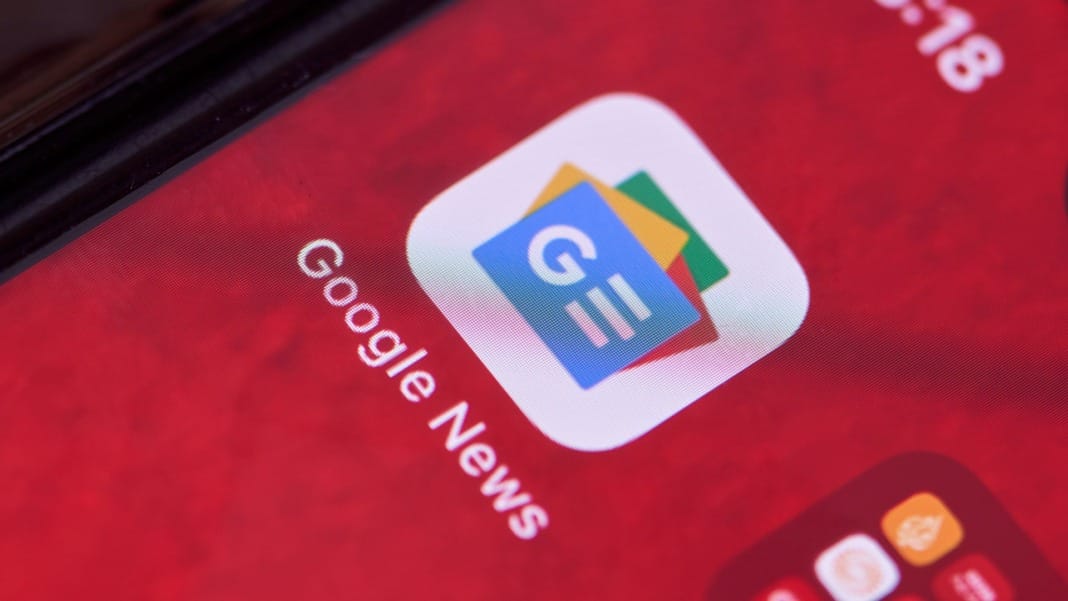Google has officially removed the option for publishers to manually submit their sites for consideration in Google News. The change, marked by the removal of existing documentation and the introduction of new guidelines, shifts towards a fully automated system to streamline content inclusion.
Previously, through the Google Publisher Centre, publishers could submit their content directly to Google News and even maintain a constantly updated feed to alert Google about new articles. This manual submission process allowed publishers to create specific source pages for Google News. However, Google has never guaranteed the display of submitted sites in its News feed, emphasising instead its automated systems for content inclusion.
The removal of the “Submit your publication for review” option, now leading to a 404 error page, signifies a shift to a more automated discovery and inclusion process that will be fully implemented later this year. This update aims to simplify the process and reduce confusion among publishers about how content is considered for Google News.
What does this mean for publishers?
For current publishers, access to submission tools in the Publisher Centre will continue for a short period, allowing them to utilise customisation features until these tools are phased out later in 2024. Once removed, publication pages will be automatically generated, with users still able to follow their favourite publications without manual intervention by the publishers.
The manual creation of source pages in the Publisher Centre did not influence whether content appeared in Google News feeds. This clarification comes as part of Google’s effort to eliminate the confusion surrounding the manual submission process and emphasise the inclusivity of the automatic system.
With the new system, sites wishing to appear in Google News must adhere to Google’s content policies. Google uses algorithmic signals to determine a site’s eligibility for appearing not only in Google News but also on other news surfaces like Top Stories and the News Tab in search results.
Now more than ever, understanding the ranking signals used by Google for news is crucial. These include relevance, prominence, authoritativeness, freshness, location, and language for general news, and interests, usability, and user preferences for personalised news in the “For You” tab.
While Google continues to provide technical support for Google News, it remains limited in its feedback regarding ranking, encouraging publishers to maintain a Google-friendly site to improve their visibility.





